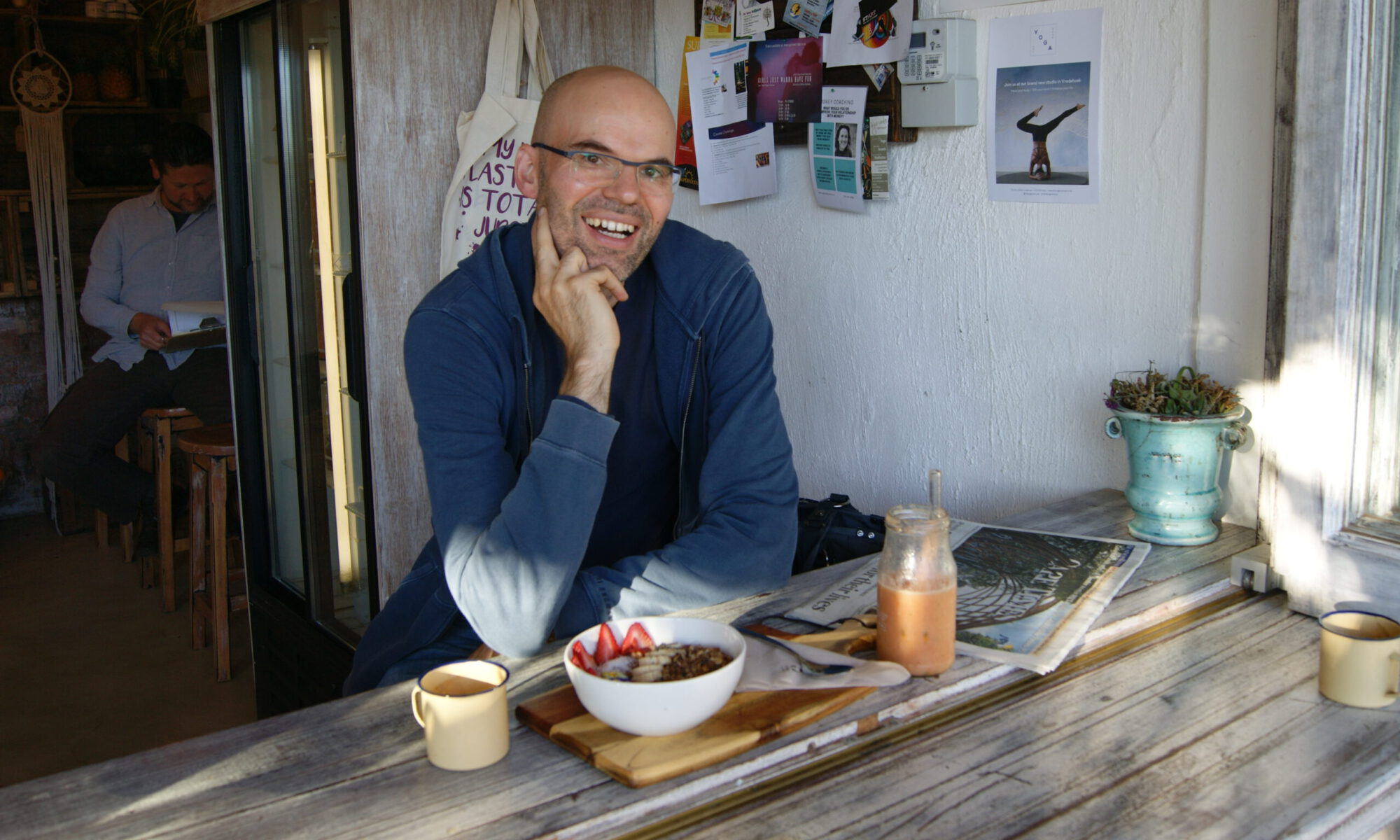
We humans are seekers for meaning – at least very many of us. We want to be able to explain our existence to ourselves. We want to see meaning in suffering, as well as in beauty. We want to be part of something „bigger“.
The search for meaning is about the „big picture,“ the overarching goal (vision) and/or the overarching task (mission).
In a nutshell, some thinkers see the meaning of life simply in „living“ or „living well.“ That would then be the overarching task/mission, while the overarching goal/vision for me, for example, is a world in justice and balance.
Both (goal/vision and task) are dependent on values (see blog posts on values). This explains why individual and cultural differences occur in the process. The meaningfulness of the goal can be tested in my eyes – following the categorical imperative of Emanuel Kant – quite well about the generalizability. „If all people followed this goal, would it contribute to collective well-being?“
Meaningful living is noticeable. People who have found for themselves the „meaning of life“ or, less pompously formulated, „meaning in life“ describe it as a feeling of resonance: no matter in which subarea they work, they „feel“ that they are working on the „big picture.“
My boy is not currently asking me any meaning questions, so this blog post does not yet contain any personal mediation examples. In the next blog post, I will look at the task aspect the „good life“ from two perspectives, one philosophical and one psychological.
Finally, it is worth mentioning that meaningful living is an element to individual well-being/flourishing according to Martin Seligmann’s Well-Being theory or Felicia Huppert and Timothy So’s Flourishing definition.
In the next blog post, I go deeper into the „good life.“
